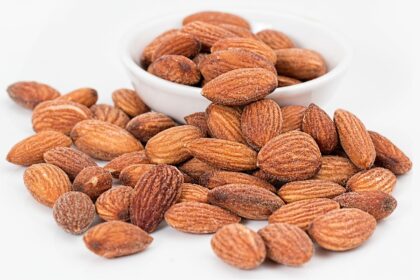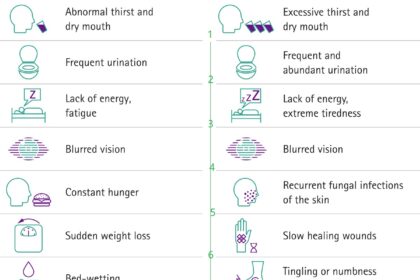A healthy breakfast is essential for starting your day with energy and providing your body with essential nutrients. These foods are best for diabetes and weight loss as well. Here are top 5 best foods for breakfast :
- Oatmeal: Oatmeal is a nutritious whole grain that’s rich in fiber, which helps keep you full and satisfied throughout the morning. It also contains complex carbohydrates for sustained energy and various vitamins and minerals. You can top your oatmeal with fresh berries, nuts, seeds, or a drizzle of honey for added flavor and nutrition.
- Greek Yogurt: Greek yogurt is a protein-packed breakfast option that provides calcium, probiotics for gut health, and a creamy texture. It’s low in sugar compared to many flavored yogurts. Choose plain Greek yogurt and sweeten it naturally with fresh fruit, honey, or a sprinkle of cinnamon.
- Eggs: Eggs are an excellent source of high-quality protein and contain essential nutrients like choline and various vitamins and minerals. They can be prepared in many ways, such as scrambled, poached, or as an omelet. Pair eggs with vegetables like spinach, bell peppers, or tomatoes for added fiber and vitamins.
- Whole Grain Toast or Bread: Whole grains like whole wheat bread or whole grain toast provide complex carbohydrates and fiber. These can be the foundation of a balanced breakfast when combined with lean protein sources like nut butter, avocado, or smoked salmon. Be mindful of portion sizes and choose whole grain options with minimal added sugars.
- Fresh Fruit: Incorporating fresh fruit into your breakfast adds natural sweetness, vitamins, minerals, and antioxidants. Fruits like berries, bananas, apples, and oranges are popular choices. You can enjoy fruit as a topping for yogurt or oatmeal, as part of a smoothie, or simply on its own.
Additionally, you can complement your breakfast with a source of healthy fats like avocados, nuts, or seeds, and consider including a beverage like water, herbal tea, or a small glass of 100% fruit juice (in moderation). Avoid sugary cereals, pastries, and high-sugar breakfast options, as they can lead to energy spikes and crashes later in the day.
Remember that a balanced breakfast should ideally include a combination of macronutrients (carbohydrates, protein, and fats) to provide sustained energy and keep you feeling full until your next meal. Adjust portion sizes to meet your individual calorie and nutritional needs.




